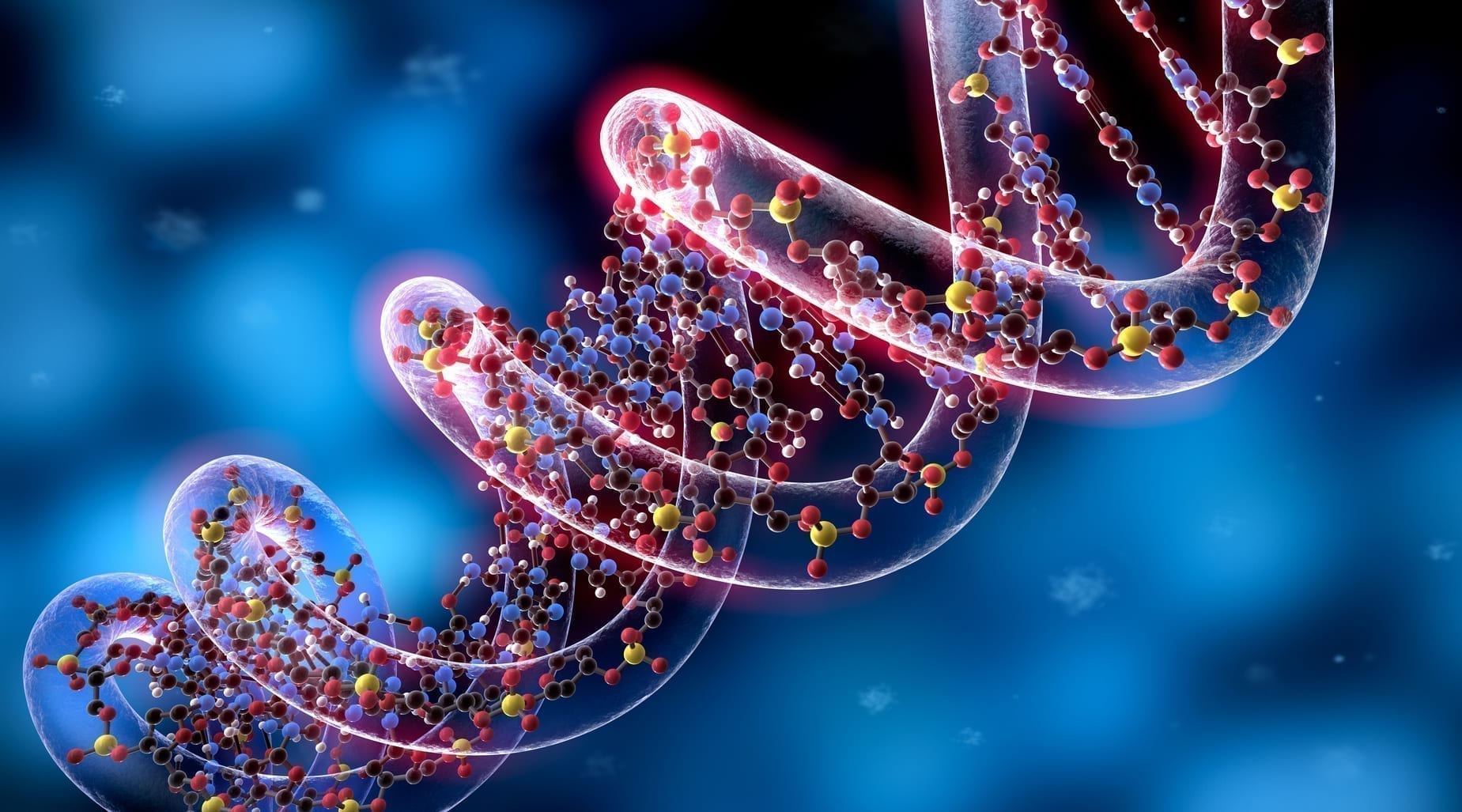Novel LDA Therapy is now available for your seasonal allergies, food sensitivities and chemical intolerances.
If you have allergies to the environment (trees, dust, grass, etc.), sensitivities to food or chemical intolerances or multiple chemical sensitivities (MCS), our clinic has an effective, novel treatment for you. It’s called Ultra Low Dose Enzyme Activated Immunotherapy or Low Dose Allergen (LDA) Therapy – for short!
This enzyme-activated immunotherapy is used to treat all types of allergies and immune system problems, even autoimmune problems. LDA is delivered in an office visit by intradermal injection into the forearm. LDA therapy begins with treatments every 6-8 weeks for the first 6 treatments. The benefits received from LDA Therapy after the first treatment can be almost immediate for a large majority of patients. Generally speaking, about 60% of patients notice immediate benefits within the first or second injection. However, the maximal benefit for desensitization takes time over the course of the first year with an improved response rate over a series of injections. Most patients will receive 10-15 treatments over the span of 3 years with boosters as needed.
There are 3 ways to
Treat and Desensitize patients with Allergies
1.
The conventional medical model has always been a twice weekly to twice monthly allergy shot with your specialist or family doctor. This traditional treatment has been very effective for seasonal or environmental allergens such as pollen or other specific allergens, etc. The downside of conventional injections of course is the frequency of visits required in the first one to two years as well as the treatment being limited to a select number of allergens and may not cover a large range of inhalants when a patient has numerous reactions. In addition, allergy shots are ineffective for patients with autoimmune disease, food sensitivities/allergies and chemical intolerances.
2.
Sublingual Immunotherapy, otherwise called SLIT, has been a favoured alternative oral therapy whereby patients that are tested can have low dose serum prepared by a compounding pharmacy to take twice daily under the tongue in the comfort of your own home. There are no needle pokes and no frequent visits required after initiating therapy. And SLIT can cover a wide range of allergens for desensitization based on your test results. The downside for some patients is trying to remember to take the drops twice daily and continue therapy for 18-24 months on average, for full benefit and desensitization. This therapy is restricted to environmental inhalants and does not cover any foods nor chemicals for desensitization.
3.
Ultra Low Dose Enzyme Activated Immunotherapy is a novel and effective option in the treatment of all forms of allergies. Patients who have used this therapy have found it to be cost effective and enjoy the fact that no further testing is required in order to commence therapy. With less frequent injections, it is time-saving and preferred by many patients, especially those who are wary of needles. It is a very safe therapy, when compared to conventional injections (that can be life-threatening).
How Does LDA work?
LDA is a method of immunotherapy enhanced by a small dose of the enzyme called beta-glucuronidase. The beta-glucuronidase activates extremely low amounts of various allergens (significantly lower than the conventional allergy shots) and stimulates the production of T- suppressor cells.” T-suppressor cells then signal and turn of helper cells that cause misidentification of normal substances in the body the get mislabelled as allergens or foreign invaders. This is where abnormal immune reactions occur, causing intestinal permeability, inflammation, autoimmune conditions and other ailments. Since T- helper cells take some time to mature in the blood stream, the injections for LDA are spaced out every 6-8 weeks initially and then less frequently every few months as treatment progresses. As you can see in the video, an LDA treatment consists of a very shallow injection into the first layer of the skin, in the smallest amount, about 1/20 cc.
LDA includes mixtures of over 300 allergens that allow patients who have multiple food sensitivities or chemical intolerances to respond favourably to treatment. The available LDA mixtures that we carry include:
- Environmental Inhalants mix: pollens, grasses, dander, dust mites, fungi, yeast, candida species, etc.
- Food mix: low dose and intermediate dose of over 300 foods
- Chemical mix: various chemicals perfumes, formaldehyde, etc.
- Bacterial mixes specific for Autoimmune Conditions
Getting Started
Patients are not required to undergo any allergy testing or screening to begin LDA Therapy. An initial consultation is required so that we can review your full health history, your symptoms and any recent blood work, as these are the most important factors in determining whether or not this therapy is appropriate for you. LDA therapy does require some patient preparation that can be discussed in the initial office visit before beginning LDA desensitization. This preparation includes the review and study of a patient education manual called the Pink Book, by Dr. Shrader, the leading authority and expert on LDA in environmental-related Illness.
LDA Therapy can ease a wide range of conditions including:
- Rhinitis, perennial (runny nose, nasal congestion, etc., year `round)
- Rhinitis, seasonal, allergic (above but seasonal, hay fever, etc.)
- Nasal polyps
- Allergic conjunctivitis (itchy/watery eyes)
- Asthma, year `round
- Repeated chest infections
- Chronic sinusitis, documented by X-ray
- Chronic face ache/sinus pain, not proven by X-ray or negative X-rays
- Secretory otitis media (“glue ear”)
- Repeated ear infections
- Immediate food allergy (foods cause itching, swelling, collapse, shock)
- Food (or food chemical) allergy or intolerance/adverse response (not #11 above)
- Chemical sensitivity (severe symptoms, when exposed by breathing)
- Migraine/severe headaches
- Headaches, other
- Eczema, “dermatitis”
- Contact dermatitis (from skin contact with a substance)
- Urticaria (hives)
- Swelling of the lips, face or tongue (angioedema)
- Mental confusion (brain “fog,” confusion, etc.)
- Hyperactivity, ADD, ADHD, PDD
- Epilepsy (any type)
- Rheumatoid arthritis (RA)
- Osteo-arthritis or joint pains: non-specific
- Muscle pains, severe
- Ulcerative colitis
- Crohn’s disease
- “Irritable bowel”, “spastic colon” or chronic diarrhea
- Constipation (less than 1 bowel movement on most days)
- Gut “fermentation” (bloating after most meals, especially sugar)
- Chronic anal irritation/itch (not caused by hemorrhoids)
- Chronic vaginal symptoms
- Urinary tract symptoms (not due to infection)
- Chronic fatigue, not of sudden post-viral onset but of gradual onset
- CFIDS, CFS or ME (UK) (History of sudden viral onset, healthy prior
- “Candida” or fungal-related illness whose symptoms respond clinically to antifungals
- Hyperventilation complex (medical diagnosis, U.K.)
- “Environmental Illness (EI)”
- Plugged ears, moderately severe
- Pruritis
- Depression
- Insomnia, moderately severe
- Vulvadynia
- Anosmia
- Emotional/Behavior problems (not #21)
- Interstitial cystitis (IC), documented
- Post nasal drip, chronic, severe
- Chronic cough
- Asthma, seasonal only
- Ankylosing spondylitis, documented
- Dermatographia
- Autism
- Hypertension
- Diabetes
- Sjogren’s Syndrome
- Meniere’s Disease
- Psoriasis
- Anaphylaxis due to ingested food or food substance
- Anaphylaxis, cause unknown (idiopathic)
- Tourette’s
- Multiple sclerosis **
- Rhinitis due to cats only
- Pre-menstrual syndrome (PMS)
- Conjunctivitis, chronic, diagnosed as “non-allergic”
- Raynaud’s
- Reactive arthritis (autoimmune, non-RA)
- Pharyngitis
- Laryngitis
- All Autoimmune diseases, especially those associated with one or more HLA receptor
** Only if the patient has significant food or inhalant allergy/sensitivity



